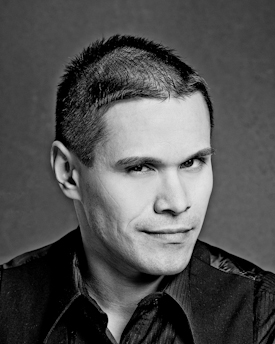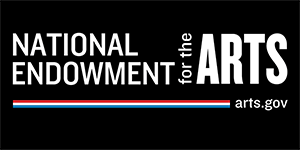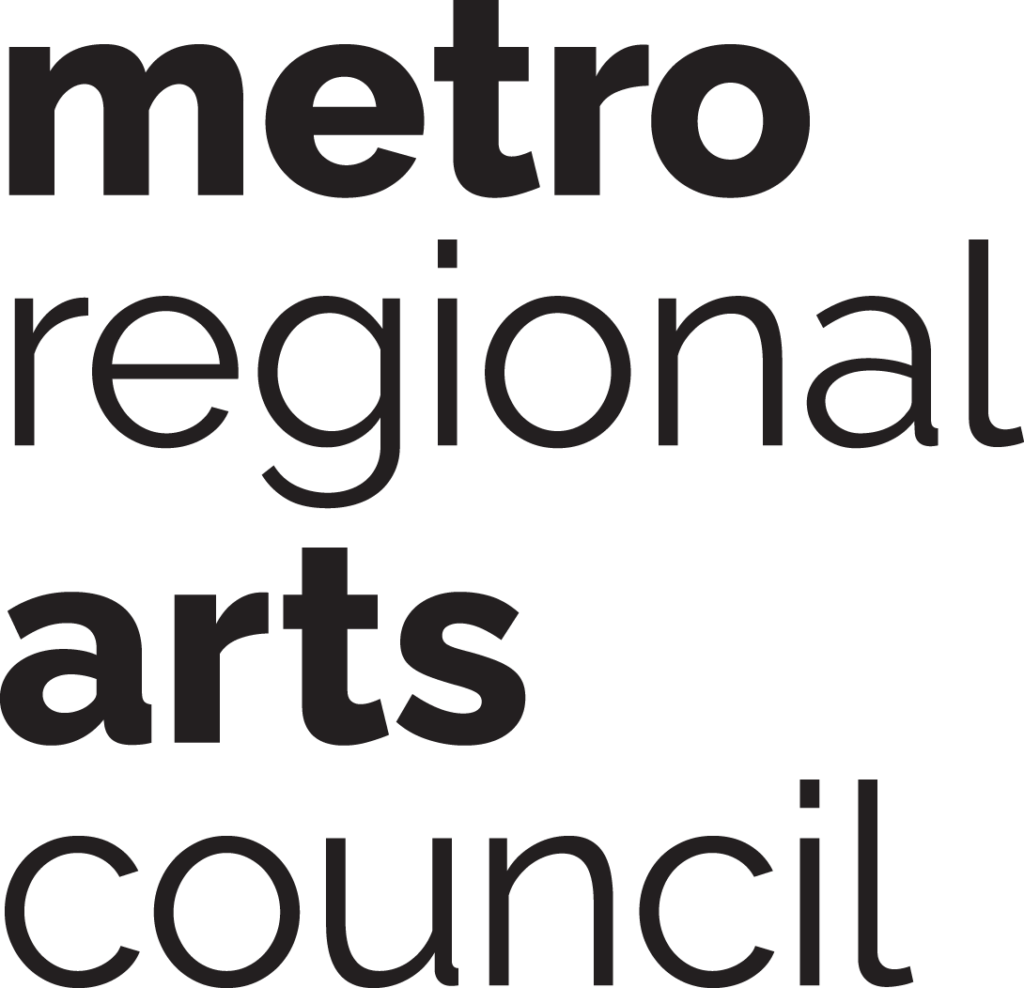More on Longy
The Longy School of Music’s merger with Bard College, announced last June, was a bit of a surprise to the classical music world in (Greater) Boston. Inside Higher Education has a piece that provides more details on the merger, including that Longy had been soliciting a partner for years. Some of the other reasons given include:
- Alumni fundraising is difficult for independent art colleges, due to the diversity (and, unstated, the relative poverty) of alumni.
- In many cases, independent art colleges are already paying nearby universities for access to athletic facilities and other amenities.
- Personnel costs are disproportionately high at independent art colleges, often leading to high tuition rates. This creates cost pressure on the applicants and on the institution, which must also maintain steep discounts and/or financial aids to attract a strong student body.
The piece also notes that Bard President Leon Botstein directs the American Symphony Orchestra and the Jerusalem Symphony Orchestra – not a bad tie-in to have.
It is certainly a boost for Longy to draw on Bard College’s financial resources. Whether or not this will translate into infrastructure savings is more dubious – the campuses are simply too far apart. Certainly Bard College would add more weight when negotiating things like student health insurance plans.
Of note: Kalen Ratzlaff, Longy’s chief of staff, is cited as saying that only seven independent conservatories focusing solely on music still exist in the United States. That’s a rather narrow criteria, but it does emphasize Longy’s uncommon status before the merger. Kalen didn’t spell out the list, but by this measure, these would appear to be the seven:
- Berklee College of Music (Boston, MA)
- Curtis Institute of Music (Philadelphia, PA)
- LA Music Academy College of Music (Los Angeles, CA)
- Manhattan School of Music (New York, NY)
- McNally Smith College of Music (St. Paul, MN)
- New England Conservatory of Music (Boston, MA)
- San Francisco Conservatory of Music (San Francisco, CA)
The LA Music Academy only offers associate degrees in music, which is a relatively recent addition. McNally is a for-profit school. Other conservatories that you might expect to be there either have a college or university affiliation (e.g., the Cleveland Institute of Music, Mannes College The New School for Music, Oberlin Conservatory) or have additional performing arts options (e.g., Boston Conservatory, the Colburn School, Julliard). Where you’d classify the New World Symphony is debatable – it’s more of a fellowship program, and doesn’t grant any degrees or diplomas.






